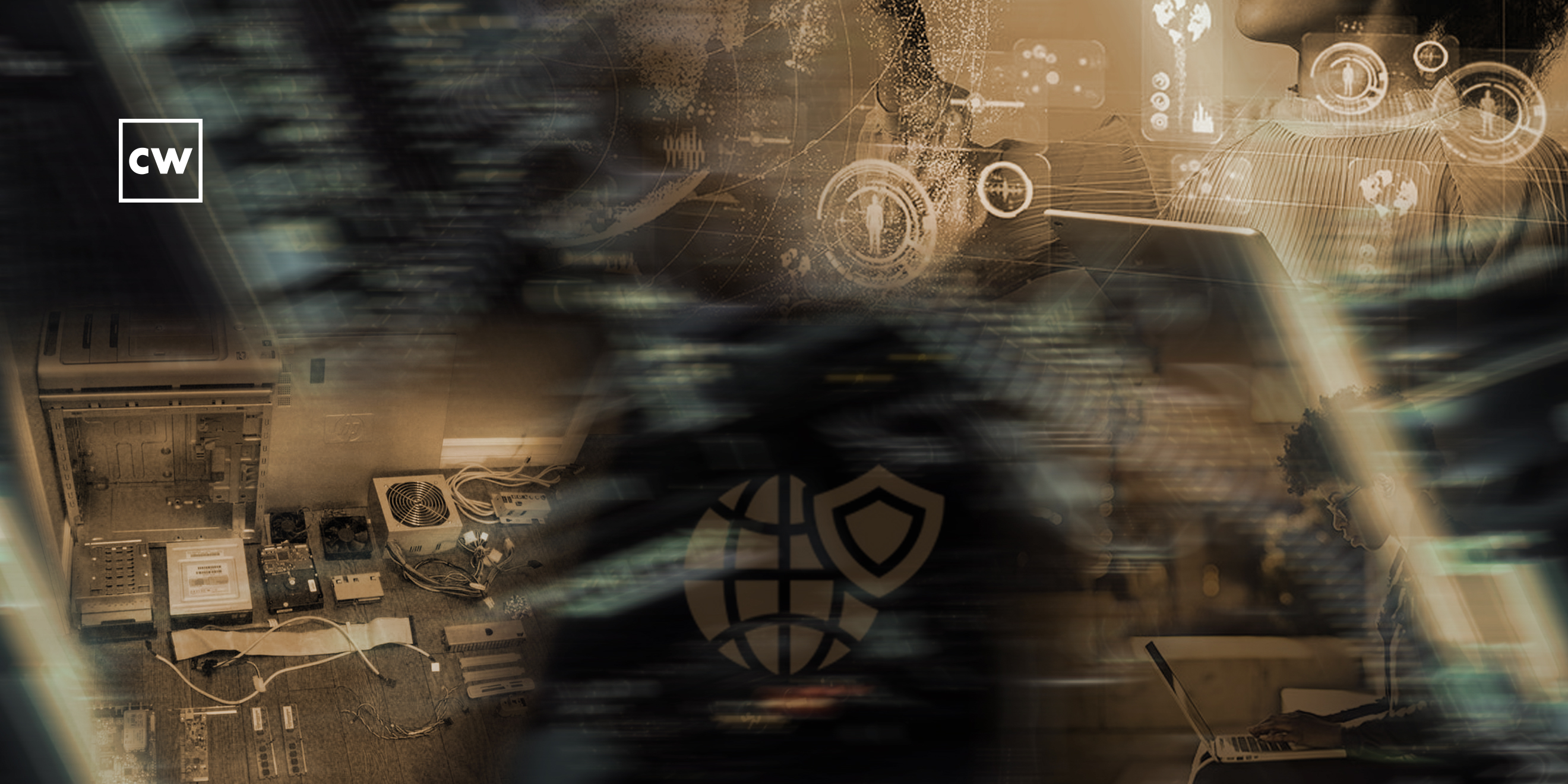
Yatia (Tia) Hopkins: Grit and right place, right time. [Solutions Architecture]
Tia Hopkins: I am Tia Hopkins and I'm the VP of Global Solutions Architecture at eSentire, a provider of managed detection and response services.
Tia Hopkins: I just always had a curiosity for understanding how things work. So, you know, when I got toys, instead of playing with them, I would take them apart. Uh, but I think that really sort of showed itself in terms of what career path I'd probably ended up going down around 11, 12 years old, when, when my mom bought my first computer for me, and instead of getting it online and going on AOL, which was all the rage back then, I took it apart. I was fascinated by all the pieces of it, spread all across my bedroom floor.
Tia Hopkins: I attended the University of Miami. I enrolled in computer engineering as my major and quickly learned that, that wasn't what I loved. And you know, now I understand that I'm more of a, a technologist than an engineer. So I like to understand how things work and, you know, put solutions together to drive outcomes. And so, um, I lasted about a year at University of Miami.
Tia Hopkins: So from there, I actually pivoted into I think it was ITT Tech and I took their computers and electronics engineering technology course. That's really when I started to get bit by the IT bug and want to understand more about networking in technology in general. Uh, eventually moved into a director role. And while I was in the director role, I kinda took a step back and said, "Hey, I kinda need to do something to, to back all of this experience up." Because up to that point in my career, it just had been grit and right place, right time and, you know, learning on my own and just being resourceful, et cetera, but still had no formal education, and I think a limited number of certifications, um, at that point. But being in a management role, I really wanted to validate my knowledge, my experience, and my ability so. I went back and finished my bachelor's degree. I believe in, uh, 2012, I got a bachelor's in information technology, but then after that, I went straight into a master's degree in cybersecurity because I had decided, you know, by the time I finished that the bachelor's that I wanted to focus on cybersecurity. And immediately after that went into a second master's degree in cybersecurity and added a lot of certifications along the way.
Tia Hopkins: So eSentire, being a provider of managed detection and response services, essentially, what that means is we have two global security operation centers that monitor our customer environments through various types of technology, and hunt for and respond to threats on behalf of our customers. Where my team plays into that is having those conversations around uh, the, the security concerns in the environment, pain points, understanding the infrastructure, uh, the makeup of the current security team, so that we can put a solution together that drives the business outcomes and then integrate well both from an infrastructure perspective and an operational perspective. And I'm responsible for, of course, ensuring that my team has what it needs to be successful. I also help out in more complex or strategic situations, uh, and then of course the other side of my role is just, uh, aligning to and achieving business objectives as well.
Tia Hopkins: Empow(H)er Cybersecurity I founded in early October, uh, and the organization really exists to, uh, get more women of color interested in and confident in, in their ability to be successful in a career in security or or cybersecurity. And the reason that I went down this path is because I think a large part of what's missing in terms of driving the interest is representation. As a woman of color, looking at cybersecurity or security as a potential career, if I don't see a lot of women in the field or, you know, representation of women that looked like me in the industry that are successful, then I might go down a different path. And so when you compound that by some of the other things that create a perceived a high barrier to entry across the board, like, "Oh, you have to be a programmer to have a career in cybersecurity. You know, you have to know how to code. You have to be super technical." You know, it just makes it, um, it doesn't make it feel achievable. So I'm looking to tear down those walls, provide a safe space for, for women to, to figure it out, feel represented, encouraged, um, and just get their, you know, access to the resources and information that they really need, um, and address the entire woman from soft skills, the hard skills, the confidence, all those things. So more about just building skilled employees, building leaders as well. I think that it is important to one, understand your why. Why are you interested in a career in cybersecurity? Because you'll have to answer that question frequently. Right? So understanding that your why is critically important, but then understanding yourself. What are your transferable skills? What are you lacking? What are the things about you that will help you. And what are the things that might hold you back? So just understanding where you're starting from is critically important and just being realistic about the fact that it is an incredibly rewarding career. It is hard work day in, day out, and it changes every day and you have to love it so you can keep up.
